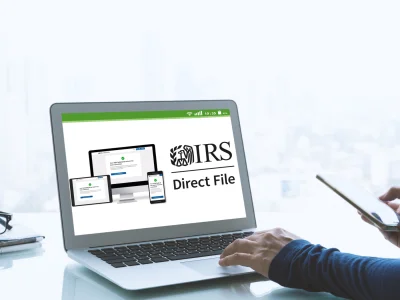The IRS has decided to permanently implement its Direct File electronic filing system following a successful pilot, aiming to provide a no-cost option for straightforward tax filers while facing criticism over concerns about IRS control and potential future changes.
IRS Makes Direct File Permanent Despite Controversy and Debate
According to the article in the Washington Examiner, the IRS has decided to make its Direct File electronic filing system permanent following a successful year-long pilot program. This move aims to enhance the efficiency of tax filing processes for taxpayers with straightforward tax situations, allowing them to file directly with the IRS at no cost. Proponents argue that this initiative will save taxpayers time and money, with participants in the pilot program claiming over $90 million in refunds and saving an estimated $5.6 million in filing costs.
However, the decision has sparked debate and criticism. Critics, including some members of Congress and taxpayer advocacy groups, question the IRS’s unilateral decision-making process and express concerns over giving the IRS more control over tax filing. They argue that commercial tax filing services like TurboTax provide additional benefits such as maximizing deductions and ensuring accuracy, which may not be fully addressed by the Direct File system. Moreover, with the upcoming election year potentially bringing a change in administration, the future of Direct File remains uncertain, with its longevity likely dependent on widespread adoption and public support.
READ ALSO: $1,000 Monthly Stimulus Program: Former Foster Youth In LA County Eligible! Apply Now!

$90 Million in Refunds and $5.6 Million in Savings: IRS Makes Direct File Electronic Filing System Permanent – What You Need To Know! (PHOTO: Forbes)
IRS Pushes Ahead with Direct File Expansion Amidst Controversy
Furthermore, despite these challenges, the IRS remains committed to expanding the Direct File system in collaboration with interested states, aiming to provide more taxpayers with a user-friendly option for electronic tax filing directly through the agency. The outcome of this expansion effort will likely influence future discussions on tax policy and the role of government versus private entities in tax administration and taxpayer services.

















































